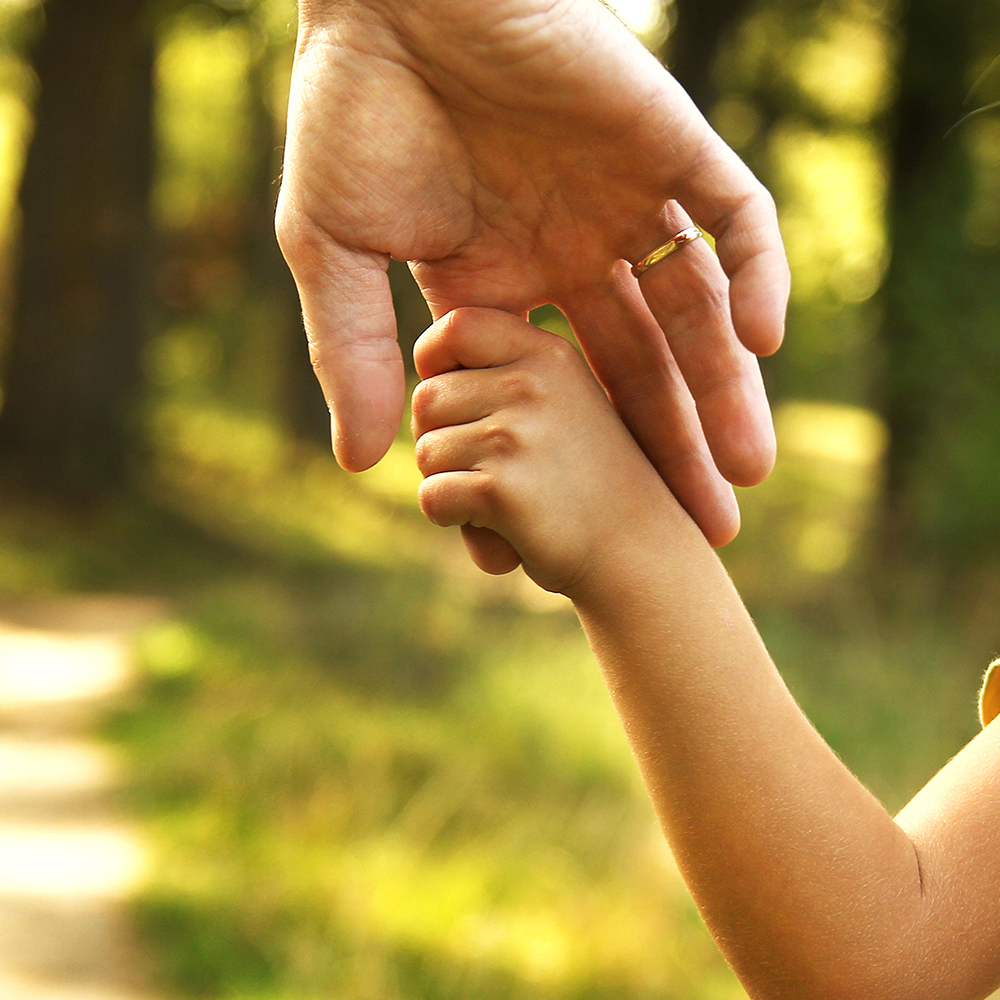Trauma-Focused Treatment
Children and adults who have suffered a traumatic event. Posttraumatic stress in children can look like many other things including aggression, inattentive behavior, withdrawn from social interactions/friends, delays in previously achieved milestones. With the proper identification of PTSD, the most effective treatment can begin to allow children to process their feelings surrounding their experience and begin to develop trusting relationships again.






